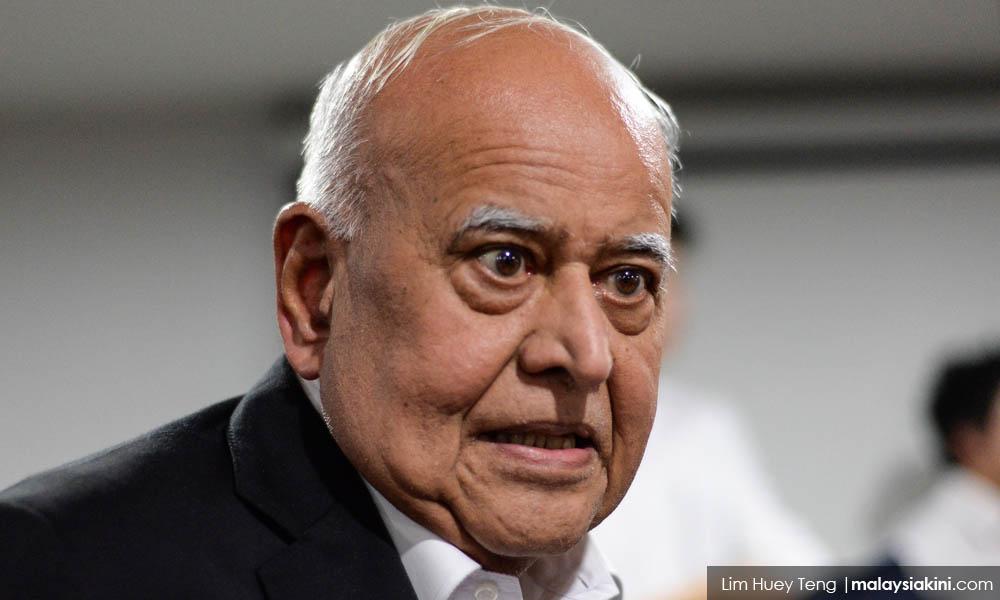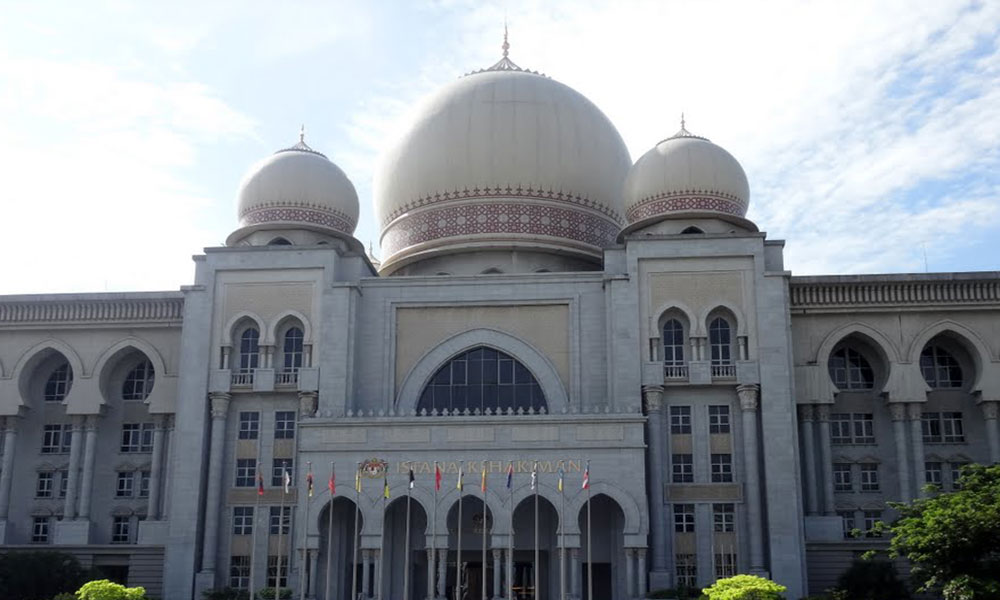
Judges should always take into consideration basic principles of law in making their decisions, a former Federal Court judge has reminded, in light of the "bin Abdullah" case.
In a forum organised by the Bar Council on the issue tonight, retired judge Gopal Sri Ram pointed out that the word "fatwa" is not mentioned anywhere in the Births and Deaths Registration Act (BDRA).
The director-general of the National Registration Department (NRD), therefore, had taken into account an irrelevant consideration and made a wrong decision in the matter, said Sri Ram.
Lawyers and judges, on the other hand, are required to look at relevant statutes and to thus determine what a particular statute would require them to do, he added.
"We say right, at the end of the day, the decision maker took into account irrelevant considerations then his decision is quashed.
"What is amazing is that the High Court judge didn't know that. That tells a lot about the quality of judges we have at the High Court," said Sri Ram to laughter from the audience.
"It's dangerous if a judge doesn't know these basic principles. If a judge doesn't know this basic principle then something is seriously wrong with our system."
The director-general of the NRD had cited an edict by the National Fatwa Committee that a child conceived out of wedlock cannot carry the name of the person who claims to be the father of the child if the child was born less than six months after a marriage.
This, after a child, was registered with the NRD two years after his birth, but the NRD registered the child as "bin Abdullah", as the child was born five months and 24 days after his parents married.
A judicial review was filed in September 2015 and the High Court dismissed the application on Aug 4 last year.
The Court of Appeal, however, in a landmark decision, ruled that a child conceived out of wedlock can take on his or her father's surname and that the edict on this by the National Fatwa Committee does not have the force of law.

Meanwhile, citing Article 8(1) of the Federal Constitution, Sri Ram said everyone, regardless of his or her religion, was entitled to equal protection of the law.
"Does the Births and Deaths Registration Act draw a distinction between a Muslim and a non-Muslim? It does not.
"Then it's irrelevant what the religion of the child is. If you take away from a child the protection of law, you offend article 8(1) and this is now a challenge on constitutional grounds."
Pointing out that the administrative act was not constitutionally complied, and as such, the merits of the decision can be looked into, Sri Ram said: "anyone with half a brain" would not have made such a decision, citing the High Court decision on the matter.
"That means the court would have been entitled to intervene and quash it immediately.
"The fact that this also did not occur at the High Court was another terrible disaster, (a) tragedy.
"These are all elementary principles. Every lawyer knows this, or should know it," he quipped.
Meanwhile, responding to a question from a member of the audience that a fatwa, once gazetted, would become binding on Muslims, Sri Ram cited Article 75 of the Federal Constitution which states that the federal law shall prevail if any state law is inconsistent with it.
"If the Births and Deaths Registration Act makes no distinction between a Muslim or a non-Muslim child and a child's birth has to be registered, it's irrelevant in which state it's registered," he said.
Meanwhile, Islamic Renaissance Front director Dr Ahmad Farouk Musa said a fatwa is not binding, neither is it a law.
 "Since the fatwa has no force of law [...] and bearing in mind that this country is still secular in nature, the decision of the Court of Appeal should be upheld," he said.
"Since the fatwa has no force of law [...] and bearing in mind that this country is still secular in nature, the decision of the Court of Appeal should be upheld," he said.
In making the court ruling, the Court of Appeal judges said the NRD director-general is not obligated to apply, let alone to be bound by a fatwa issued by a religious body such as the National Fatwa Committee.
The NRD and two others have since filed an appeal against the Court of Appeal's landmark ruling.- Mkini


No comments:
Post a Comment
Note: Only a member of this blog may post a comment.